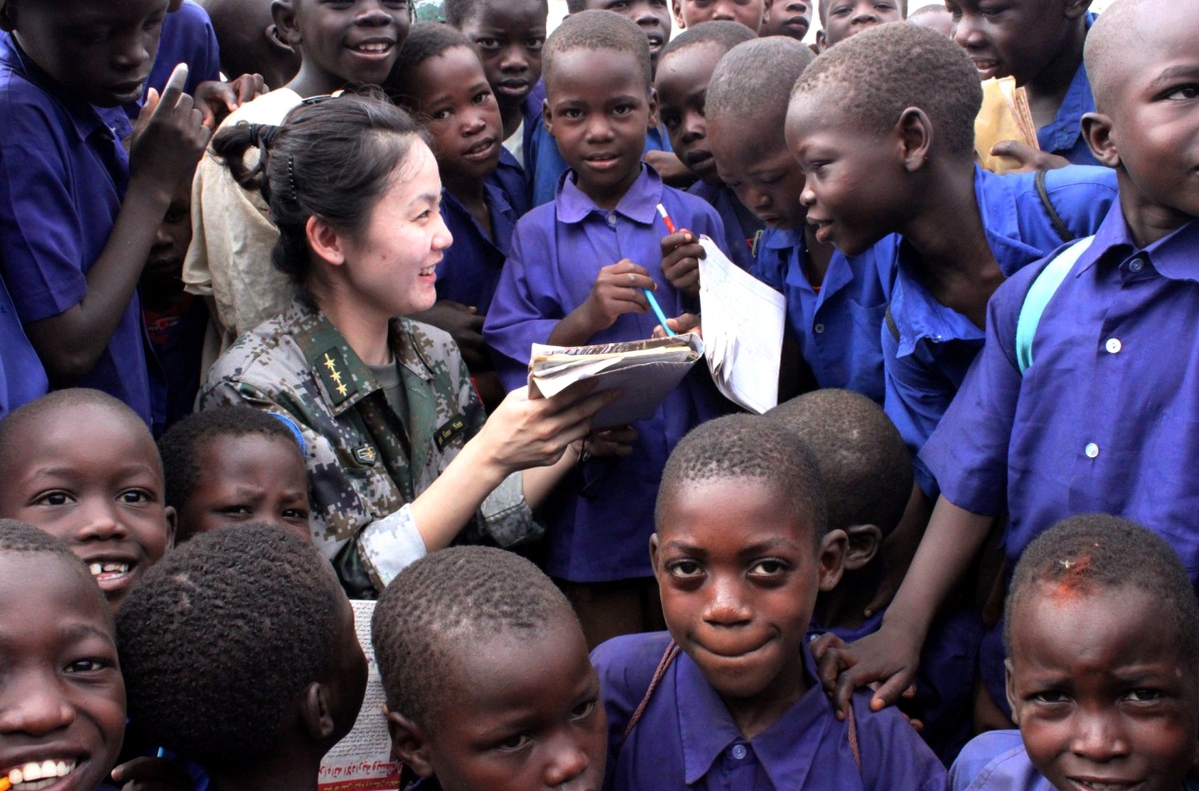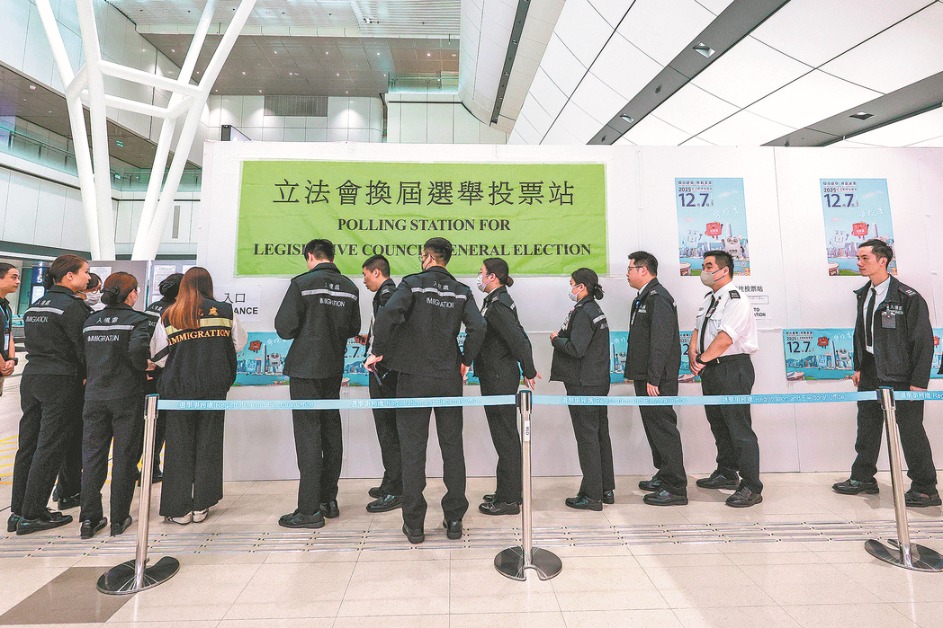Fight against disease focuses on grassroots
By James Arusi Atanga | China Daily | Updated: 2018-03-23 07:17

China's antimalarial programs in South Sudan are helping thousands of people diagnosed with the disease every year.
Of the 900,000 malaria cases registered in the country last year, 4,079 patients died. The Malaria Control Program at the South Sudan Ministry of Health reported that the number was double the 2,000 deaths recorded the previous year.
The sharp rise prompted the Chinese government to donate more than 1 million cartons of antimalarial drugs, worth $800,000, to combat the deadly epidemic that had worsened rapidly by the end of the year.
According to Isaac Cleto H. Rial, director-general of the Juba Teaching Hospital, the country's main referral hospital in the capital, Juba, the drugs supplied by the Chinese government have treated thousands across the country.
"We have antimalarial drugs donated by our Chinese friends because the current threat, causing more than 75 percent of disease-related deaths in the country, is malaria," he said.
Zhu Xingguo, leader of the Chinese medical team at the hospital, said the team has been distributing the medicine to people at the grassroots level, who remain most vulnerable to the disease.
"We traveled to different places across the country, together with our South Sudanese medical counterparts. Visiting patients has helped the country adapt to the situation," he said. "We also apply traditional Chinese medicine for fevers, flu and coughs. The patients love it; some come to ask specifically for TCM."
According to Rial, distribution of the antimalarial drugs has brought the disease under control in South Sudan. "The use of the artemisinin we received from the Chinese embassy has helped patients who had issues with quinine. With artemisinin, their bodies itch less and there is a lower incidence of temporary deafness," he said.
The increased allocation of private medical centers from China in Juba's residential areas has improved the effective handling of emergency malaria cases. Patients see it as a lifesaving strategy.
"The congestion at Juba Teaching Hospital was unbearable. Here at the Chinese Friendship Hospital I got treatment for malaria in less than one hour," said Oyet Charles, who had been diagnosed with malaria and typhoid.
The medical support the Chinese government has provided in the African country has not only built trust but also a strong bond between people at the grassroots and the Chinese medical team on the ground, whose services have been provided free of charge.
- African countries in trade tie-up
- Affordable handsets produced for less developed markets
- Chinese medical practitioner awarded for his service in Sierra Leone
- African countries sign agreement establishing continental free trade area
- Chinese company launches groundbreaking ceremony for textile factories in Malawi
























